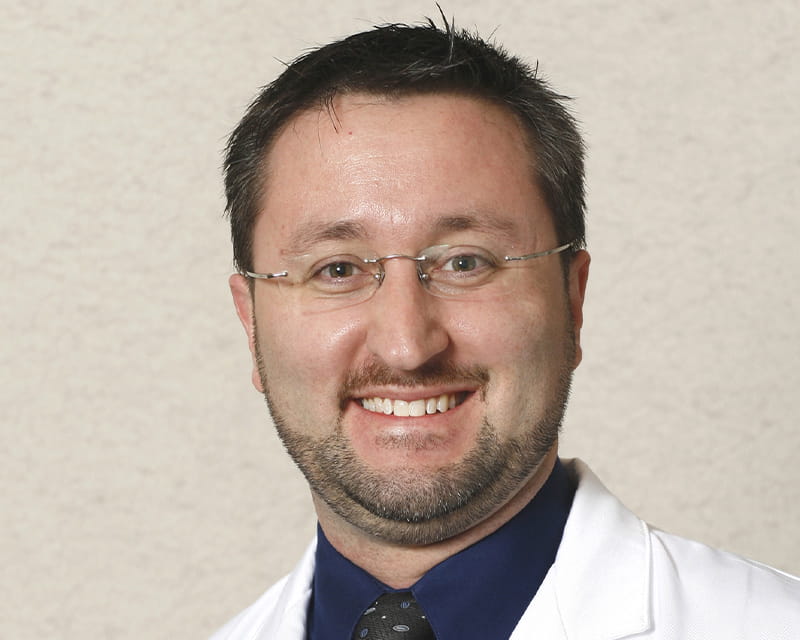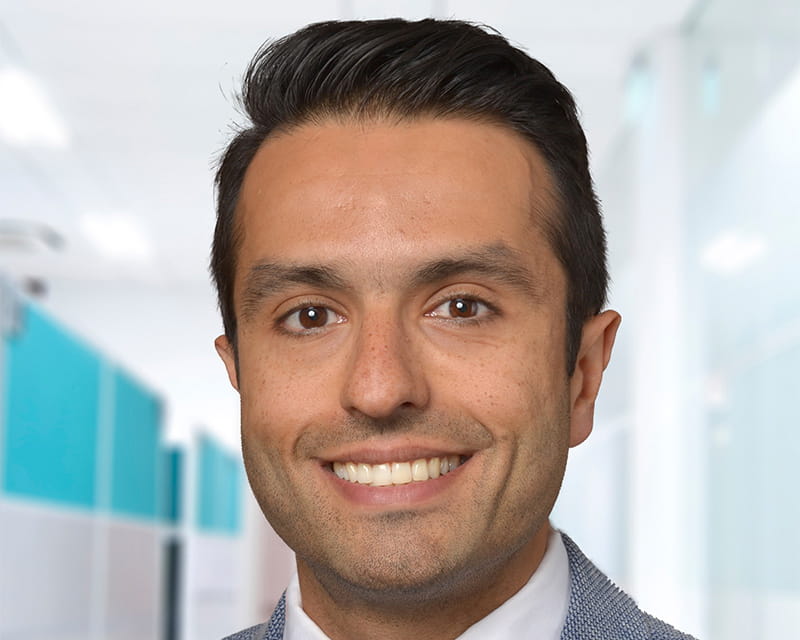
Robotic-assisted surgery with intraoperative radiation offers new hope to patients with local cancer recurrence
 Nima Baradaran, MD, is working to advance the field of reconstructive urology as he cares for patients who have urologic issues due to trauma or other medical conditions.
Nima Baradaran, MD, is working to advance the field of reconstructive urology as he cares for patients who have urologic issues due to trauma or other medical conditions.
“Many conditions that used to be temporized can now be cured with reconstruction,” explains Dr. Baradaran. “For example, some men develop urinary incontinence after prostate cancer treatment which can now be treated with an artificial urinary sphincter. We can also permanently repair scar tissue in the urethra with a single procedure called urethroplasty instead of repeated ineffective dilations.”
Through participation in a multi-institutional study with the American Association for the Surgery of Trauma, Dr. Baradaran is examining the best care methods for urethral injuries after pelvic fracture sustained during car crashes, falls, sports injuries or other incidents.
“We want to know: Is immediate repair or the more common practice – delayed repair – more effective for treating urethral disruption?” explains Dr. Baradaran. “In trauma cases, treatment of urethral injuries is often delayed due to life-threatening issues. However, new evidence suggests that some patients who have immediate urologic repair have fewer long-term complications. We’re studying outcomes to learn more.”
Dr. Baradaran also collaborates with spine specialists at Ohio State to care for patients who have a dysfunctional bladder due to neurologic damage from spinal cord injuries.
“Proper bladder health can significantly improve the patient’s quality of life and prevent major complications, such as chronic incontinence, urinary tract infections or renal failure,” says Dr. Baradaran.
Studies are being developed to determine the best way to prevent urinary tract infections in patients with spinal cord injuries.